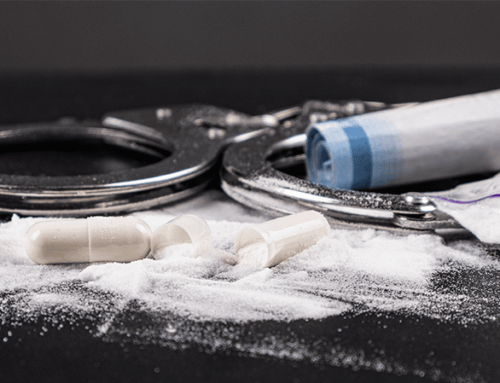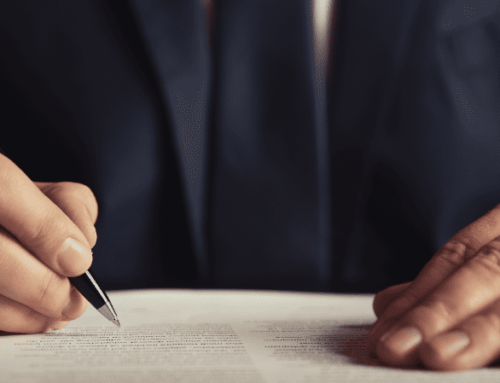I’ve tried my share of jury trials, especially those trials which went terribly bad. I’ve been disgusted with the jury system. I’ve found myself, sometimes, doubting my judgment. But as time passes I’ve notice that good things DO happen when we utilize the jury system and try more cases . . . the right kind of cases, that is. And that’s the trick, learning which cases carry the least risk and most opportunity for success.
Even when we identify the best cases our bias is still to plead them. Since, if we decide to try a case, we must work. We must work a great deal. Our busy dockets relentlessly drain our time and energy. We continuously field unexpected questions from clients. We make room to meet new prospects and to close sales. At the same time, we thirst for weekends to relax. We resist the painful study hours vital to learning and preparation. The great cross-examination remains the elusive art-form, never finished. Our families want us home. Our hobbies call out. Most of all, we hate bearing the burden of failing despite our hard, hard work. It’s a dilemma. But one justification for the struggle, I’ve found, is that good things DO happen when we use the jury system and try more cases.
This week is my latest example. DWI case with a .244 blood test. An average video, at best. But a nice client, a sympathetic client, a client the jury might like. The prosecutor wanted a conviction and offered the typical DWI plea for probation. We decided we had little to lose by trying this case. In other words, it was the right kind of case. We busted a panel the first go-around. It was a good panel and we fought hard to save it. But the judge would have none of it. Earlier this week the panel was much less appealing, especially after the shuffle. But we pressed on. The prosecutor offered time served during jury selection and agreed to waive the .16 finding. But remember, this was the right kind of case. We got lucky with strikes for cause. A profusion of strikes for cause! All of a sudden we had peremptories to spare. It was amazing. After the jury was impaneled I looked at my client and told her “I like this jury.” “I think they like you, too.”
Our defense was the proverbial DWI “disconnect.” We were prepared for the phlebotomist. We were prepared for the DPS chemist. The arresting officer was a great testifying witness and we were prepared for him, too. However, I think opening statements was where the prosecution placed the finishing touches on their crumble. They had no story. Only that good people occasionally make mistakes. But our story was a good one, a believable story creating reasonable doubt from the start. It wasn’t long before the prosecutor, a respected lawyer, asked me into the hall for a talk. “Will she take an obstructing?” “I’ll give you deferred.” Now I was fighting with my ego. I knew we had ’em on the run. But my client was scared. She needed this over. And all she wanted was no DWI conviction. So she hugged me, said thank you, and took the deal. It was a very good thing that happened. But only because we decided to try the case. The right kind of case.
Stephen Gustitis is a criminal defense lawyer in Bryan-College Station. He is Board Certified in Criminal Law by the Texas Board of Legal Specialization. He is also a husband, father, and retired amateur bicycle racer.
Related Posts:
Areas of Practice – Brazos County Drug Charges
Toxicology Guide to Retrograde Extrapolation





